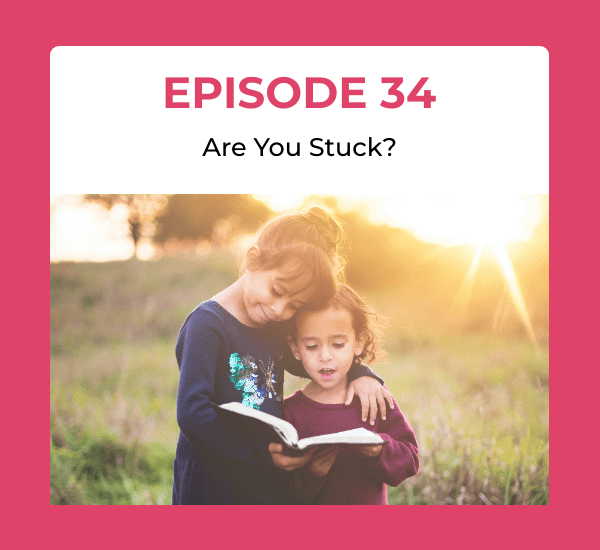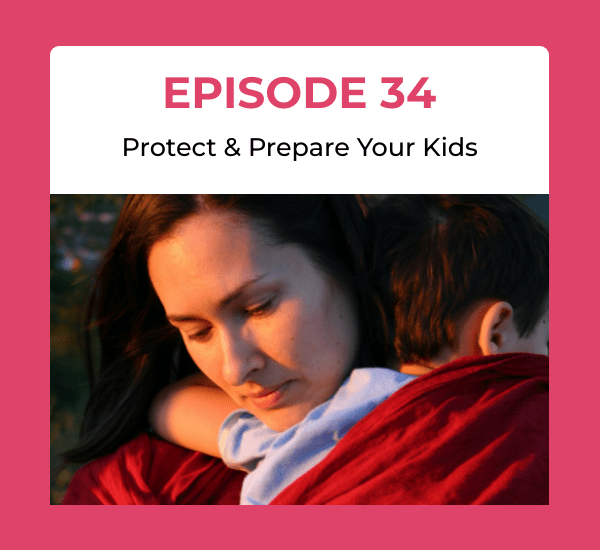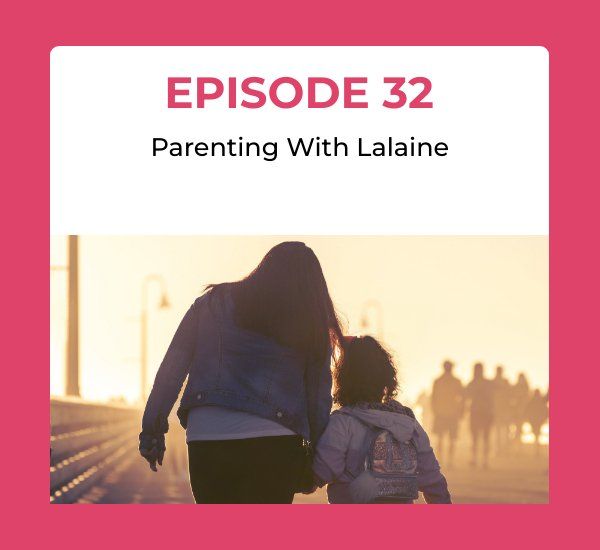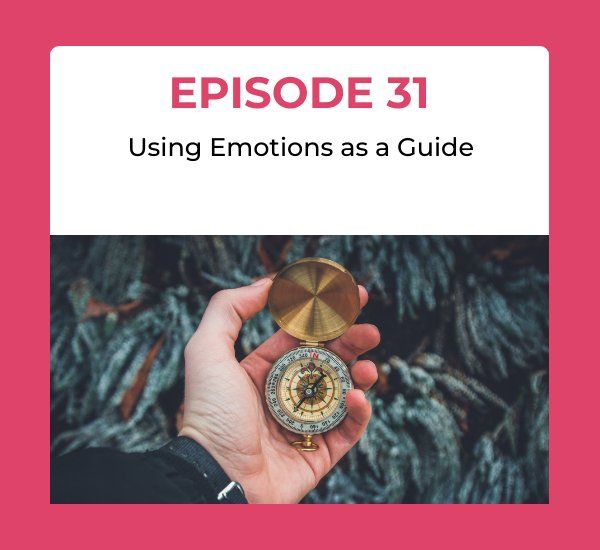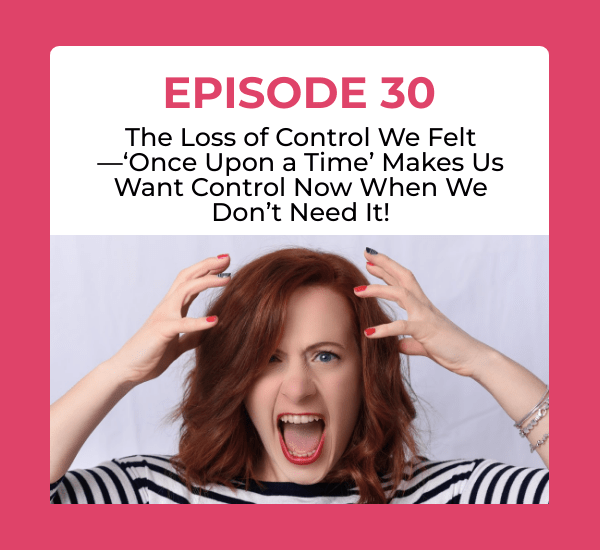Parenting Stress: 7 Tips For Getting Stress Relief When in a Confrontation With Your Kids
Nobody ever said raising children was easy. At the same time, the rewards are unlike anything experienced in any other facet of life, but parenting stress is definitely a factor and it has a major effect on patience, parent-child relationships, and the mental health of everyone involved.
Is there anything that can be done by, or for stressed-out parents to alleviate the problems that cause emotional discord in the family? Fortunately there are many ways of finding positive outlets for negative energy situations that offer stress relief for young parents and experienced parents alike.
Here are 7 positive parenting tips that can help parents transform parental and child stress which reduces stress levels in the whole family.
- Find a Social Support Outlet to Learn How to Cope with Parenting Stress
- Filter Out Negativity
- Practice Positive Parenting Techniques for Stress-Free Kids
- Budget Your Time Better
- Use Problem Solving Skills to Handle Stressful Situations
- Catch the Right Amount of Quality Sleep
- Help Your Children Cope with Their Own Stress

1. Find a Social Support Outlet to Learn How to Cope with Parenting Stress
They say it takes a village to raise a child and every parent has come to understand that at some point. We all need help to deal with parenting stress sometimes and that’s when it’s best to reach out for some much-needed support whether it’s due to a lack of childcare assistance, stress management skills, economic aid, emotional distress, or a host of other factors. Also, take advantage of the care and support that can be provided by friends and family. When you try to juggle multiple tasks on your own it can lead to increased stress levels. Another form of assistance for you as a parent is to contact a parent’s support line for help with all kinds of parenting issues. Research support organizations on your own to find one that can help you.
2. Filter Out the Negativity
While it is difficult to do, moving your focus from a negative state can be a challenge because it’s a learned and convincing state. Our brains are designed to recognize patterns and when we see a steady stream of negative behaviour or stimulus, we come to expect it. That negative focus is magnified when parenting stress takes over which could lead to not only expecting negative behaviour, but also instigating it in a vicious cycle that becomes a self-fulfilling prophecy. Combating negative thinking, learning to ignore negativity and celebrating the positive is one of the very useful stress relief tools we have at our fingertips. Minor changes in how we view things and interact with the stressors around us, like offering a compliment instead of a criticism, can make a world of difference in a child's development and academic performance—and more importantly, in their overall wellbeing.
One easy way to find a positive in a negative thought or situation is to do the simple 30 second strategy we call The Turnaround. It comes from Byron Katie’s work (www.thework.com). Here’s an example of this stress-relief tool: “My child won’t listen.” With your eyes closed, turn the statement to the opposite: “My child will listen,” and find 3 concrete examples of where that is true. Then turn the statement around to “I won’t listen to my child,” and find 3 concrete examples of where that’s true. This helps you find a positive outlet for negative energy. Once the negativity is dissolved, so is the stress. From this place of less stress, you can deal with the listening ‘project’ (vs. problem) more consciously.
Another strategy to reduce parental stress and find a positive in a negative thought is to notice the urge to criticize your child and instead, turn your attention inward and notice how it feels to
you to criticize
them. It’s not good for our own wellbeing to criticize our children. If you can recall how you felt when you were criticized as a child, it will be easy for you to understand that you don’t want to cause your child that kind of stress. Simply say to yourself, “I am going to be positive right now and not criticize my child.” Guidance and correction from a compassionate place can be given to a child without the negativity of criticism.
3. Practice Positive Parenting Techniques for Stress-Free Kids
We’ve talked about avoiding negativity, but that stress-reducing strategy becomes even better when making positive parenting the mainstay. Just as negativity can trigger a negative stress response, a little positivity can lighten the mood. Simply the act of smiling, even if it’s an attempt, can release endorphins to create a sense of calm and pleasantness for the entire family. Plus, a smile can put anyone around you at ease, including your children. Be playful with your kids, make small acts of kindness a big deal, and show affection even when your kids have been uncooperative. It’s a good idea to feel compassion for your child when they are stressed out in any way, such as when they are being uncooperative. You can say to them, “I love you and know what it feels like to struggle.”
And remember to bless the parenting mistakes you make by saying and feeling the truth of the statement, “I matter more than the mistake,” and then make the mistake right. When your child makes a mistake, say and feel the truth of the statement, “You matter more than the mistake,” and then teach them to make it right. As we’ve discussed many times, this connection-creating strategy leaves your child feeling stress-free around mistakes. It’s also a great tool to teach your children because during their lives, they are going to make many mistakes and there is no need for stress around them! When they make a mistake, teach them to say to themselves and feel the truth of the statement, “I matter more than the mistake,” and then teach them to make the mistake right. As suggested in other blogs and podcasts, put up notes in your home: For love's sake, bless the mistake; Avoid a fight, make it right; Give them a break, bless the mistake.
4. Budget Your Time Better
Parenting can often leave you falling behind or with little time for anything you had planned, which feeds into an already stressed-out parent’s emotional distress. People, in general, tend to underestimate the time it takes to do things, so we tend to get stressed when we feel the day slipping away and we haven’t achieved our goals. Add to that a child that can’t help but move slowly or without focus, so everything takes longer, which increases the parenting stress. Try to leave more time for the things that are important and take care of everything else later. As well, put an emphasis on spending family time together whether in extracurricular activities that you can all enjoy or physical activities to help burn off some energy. Doing these things together can help you bond in a positive way while reducing parenting stress. Remember not to try to do too much and that because your child is moving slower than you are, it’s not to get in the way of your plans, it’s simply childhood.
Here’s a good way to save time and feel less stress as a parent. Become aware of the time you spend in stressed-out states while talking to others
about the stress you feel. Part of
The Kid Code practical philosophy is to reduce stress instantly instead of talking about stress incessantly. It saves a lot of time when you approach parenting this way, leaving you with lots more time to get done what you really want to.
5. Use Problem Solving Skills to Handle Stressful Situations
When a stressful situation arises, take a deep breath, and rather than thinking about what is happening in the moment that is causing you stress, step back and look at the situation from a different perspective. Using problem-solving skills to try to find a solution that will help both parents and children minimize stress levels can also offer a learning opportunity so that the same problem can be avoided in the future. So when your toddler starts having a meltdown in the middle of the store, rather than arguing, yelling, or threatening, you may consider quietly standing back and letting your child have their fit until they are ready to communicate. Not only might that solve the situation, but it could also give your child a learning moment that will allow them to handle themselves better next time. So while you may have had to stand around in the store for 15 minutes, at least you’re not an emotional wreck coming out of it. (More on How to Discipline a Child Without Yelling or Spanking) Finding new solutions to stressful situations is an excellent stress relief tool.
6. Catch the Right Amount of Quality Sleep
We can all get impatient and irritable when we don’t get enough sleep and that goes for parents and children alike. While parental stress can be magnified without the proper sleep quotient and habits, that stress can increase twofold when you add in the fact that your children are being that much more uncooperative because they have not slept well either. Your stress levels are noticed by your children and that can affect their sleeping patterns. While it’s easier said than done, make a conscious effort to leave the worries of the day or the upcoming stressors of tomorrow behind to get a good night’s sleep. Focus on accepting every situation for what it is, accepting our kids for who they are, just like we’d like to be accepted for who we are. Remind yourself, that, as Guy Finley offers, to bring us into the present moment where today’s problems have already passed and tomorrow’s problems haven’t yet happened, “I am right here, right now.” Sadhguru suggests we drop all identities before we go to sleep. Kid Code parents do it this way: I am not my job. I’m more than my job. I’m not my problems. I’m more than my problems. I am not my negative emotions. I’m more than that. This will help to clear your mind so you can enjoy better sleep. These simple positive parenting solutions can also be considered stress relief tools. Your children will notice the difference between a rested parent and one that is irritable and short-fused due to fatigue, putting them in a happier place, too.
7. Help Your Children Cope with Their Own Stress
Children, especially when very young, are operating from a base nature, which leads them to lash out or misbehave. They can’t control that. As they grow, part of our job as peaceful positive parents is to gently guide them out of that nature by inviting them to notice how they feel when they are in a negative state and teach them the strategies that naturally dissolve stress and uncover our naturally peaceful state. How they react as they grow older to that stress is determined by how their parents, siblings, friends and community react. In the beginning all an infant can do is cry to communicate a need or express an inner state of pain. There are many expert opinions on leaving your child cry, but I suggest you use your intuition and study the opposing opinions, using what you feel works for both you, your child and the other members of your family who are affected. Use the strategies for positive parenting to make yourself compassionate towards your child when they’re crying—and at the same time, to become calm inside of yourself (conscious breathing, etc.). Teach your children, from a young age, self-dependency for self-regulation back to their peacefully harmless nature. That means teach them these stress reducing strategies at every opportunity. If you make this a big part of your parenting, your life and your childrens’ lives will be considerably more enjoyable. Physical activity is a great way to “blow off steam” as a family. While participating in physical group activities together, the door opens for parents and children to share their feelings with each other without focusing on negative stressors. This will allow the children to build better social skills and self-control mechanisms, which can dramatically alleviate parental stress too, for a more constructive family dynamic.
